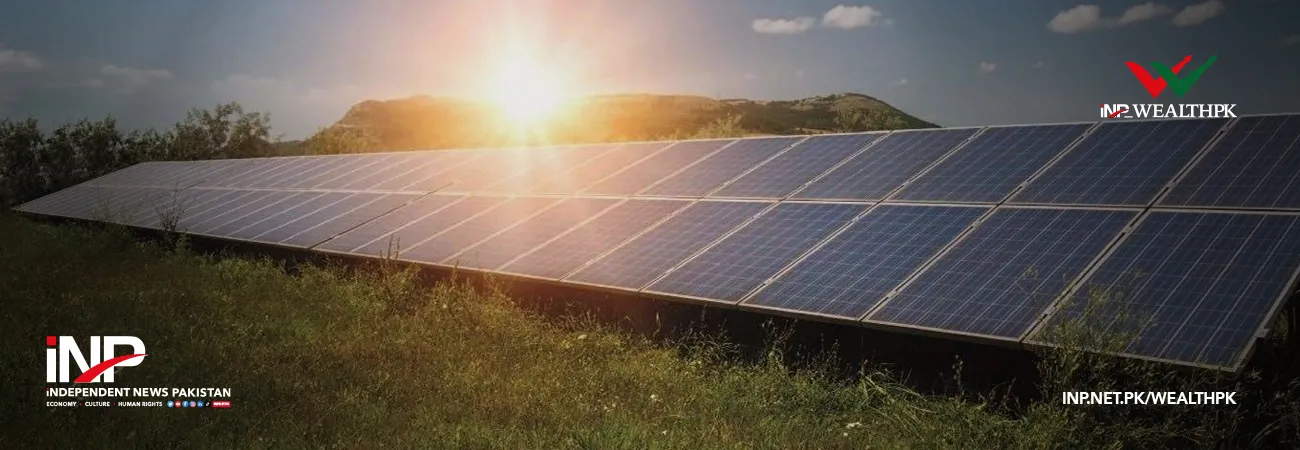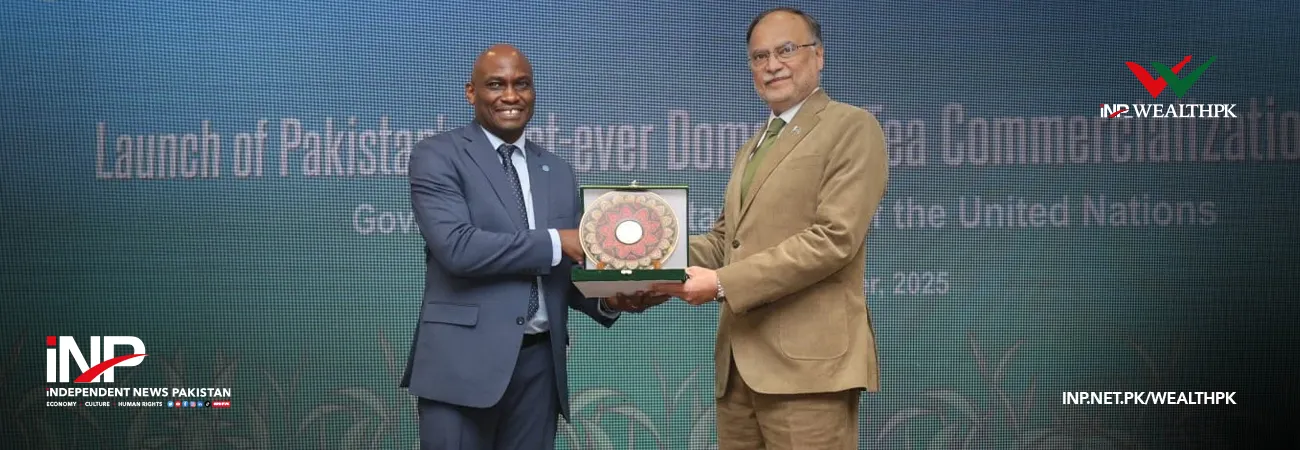INP-WealthPk
Amir Saeed
The government is planning a fair and sustainable transition to net billing, along with reforms to make electricity more affordable, reliable, and efficient.

Talking to WealthPK, a spokesperson for the Ministry of Energy said the government is not abolishing the net metering system. Instead, efforts are underway to transition the current mechanism into a more efficient, transparent, and sustainable model. Since its introduction in 2017-18, net metering has expanded significantly and is now having a notable impact on the national grid.
Addressing these effects responsibly is considered essential. The official emphasized that there is no intention to cause harm to any consumer or business. All policy decisions are made with the national interest and long-term stability of the energy system in mind. There is also no demand for the net metering users to supply electricity at the lowest generation rates.
Proposals are under discussion to link the unit purchase price with broader energy purchase prices, allowing automatic adjustments in response to market fluctuations. These suggestions remain under consideration. The official said if a consumer uses about 40% of the electricity they generate and achieves a payback period of around three years, the investment remains commercially sound.
These reforms aim not to discourage renewable energy adoption but to guide the system towards a more balanced and sustainable structure. Approximately 9,000MW of costly and unnecessary power projects have been cancelled to relieve pressure on the grid. A levy on captive power users has encouraged their return to the national grid, boosting the demand.
Since June 2024, the industrial sector has benefited from cross-subsidies totalling PKR 174 billion, resulting in a reduction of up to 31% in industrial tariffs and a marked increase in consumption. The electricity rates for various consumer categories have decreased by 14% to 18%, reflecting the practical outcomes of these reforms.
Renegotiated agreements with Independent Power Producers (IPPs) have led to lower tariffs, and only essential projects have been included in long-term planning. The official also mentioned that the system currently has a surplus capacity of 7,000 MW, which can be offered to industrial and agricultural consumers at the competitive rates of 7 to 7.5 cents per unit without subsidies.
“Improving the power grid remains a core priority. The ministry is working on advanced, efficient solutions for both integrated and off-grid systems,” he said. Concluding, the official said all reforms are being implemented under a coherent and carefully planned strategy. No actions are being taken hastily or on a temporary basis. The aim is to modernize the energy sector with a focus on sustainability, inclusivity, and long-term national benefit.
Credit: INP-WealthPk













